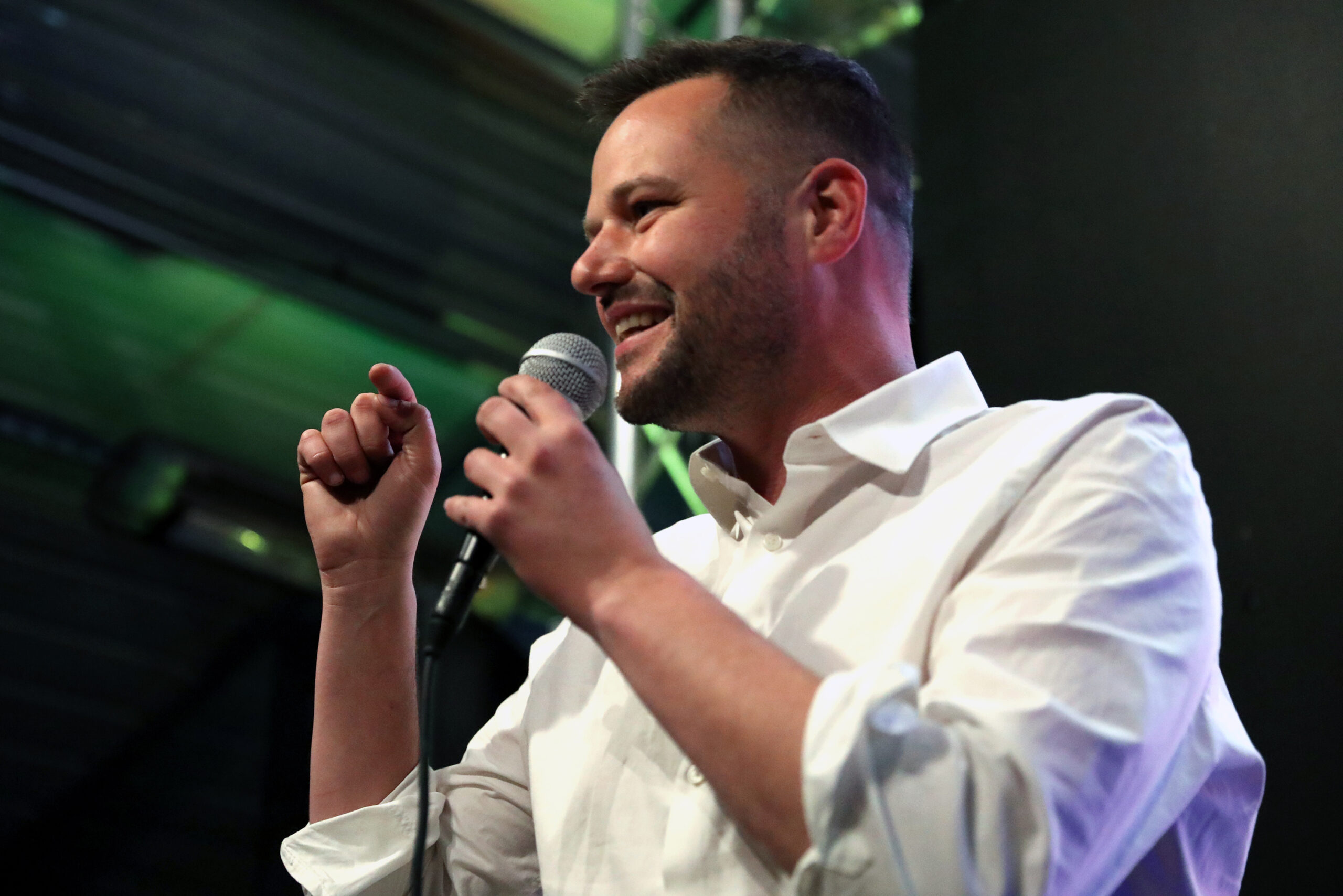California lawmakers passed a pair of bills Thursday to decriminalize psilocybin mushrooms and other plant-based psychedelics and open the door for cannabis small businesses to serve food and nonalcoholic drinks.
Assemblymember Matt Haney and state Sen. Scott Wiener, both Democrats from San Francisco, said on social media that their bills, AB 374 and SB 58, passed by margins of 33-3 and 42-11, respectively.
BREAKING: The Assembly just passed our psychedelics decriminalization bill (SB 58).
— Senator Scott Wiener (@Scott_Wiener) September 6, 2023
SB 58 allows personal possession/use of small amounts of plant/mushroom psychedelics & creates a path for facilitated group use.
It’s supported by veterans, 1st responders, health professionals.
Senate Bill 58, which Wiener introduced in December 2022, marks the second attempt by the lawmaker to decriminalize psychedelics after his first, SB 519, failed last year.
The decriminalization bill would go into effect Jan. 1, 2025, and applies only to the possession of limited personal amounts of naturally psychedelic plant- and mushroom-based substances by people over the age of 21.
“California’s veterans, first responders, and others struggling with PTSD, depression, and addiction deserve access to these promising plant medicines,” Wiener said. “SB 58 has prudent safeguards in place after we incorporated feedback from three years of deep engagement with a broad array of stakeholders.
In addition to psilocybin, dimethyltryptamine (DMT) and mescaline (with the exemption of peyote) are included in the legislation, which will also make way for a workgroup to study and issue recommendations for therapeutic uses of plant-based psychedelics.
According to Wiener, SB 58 will return to the state Senate for a sign-off before heading to Gov. Gavin Newsom’s desk for a final review.
The other bill, AB 374, would permit local city governments to decide whether to allow small cannabis retailers to “diversify their businesses with food and nonalcoholic drinks,” Haney said.
My bill, AB 374, to allow for Cannabis Cafes in California just passed out of the Senate 33-3! Strong bipartisan support. A quick concurrence vote in the Assembly soon and then on to the Governor!
— Matt Haney (@MattHaneySF) September 7, 2023
The bill will allow local governments to permit existing cannabis small… pic.twitter.com/RblZO3ubUl
Haney initially announced the bill in early February and cited the 700 cannabis cafes across the Netherlands, which typically draw 1.5 million tourists each year to the famously tolerant nation widely regarded as the world’s cannabis paradise.
Additionally, small cannabis businesses would also get the green light for live music and other performances.
According to Haney, AB 374 would need a concurrence vote in the state Assembly before it could head to Newsom to be signed into law.
